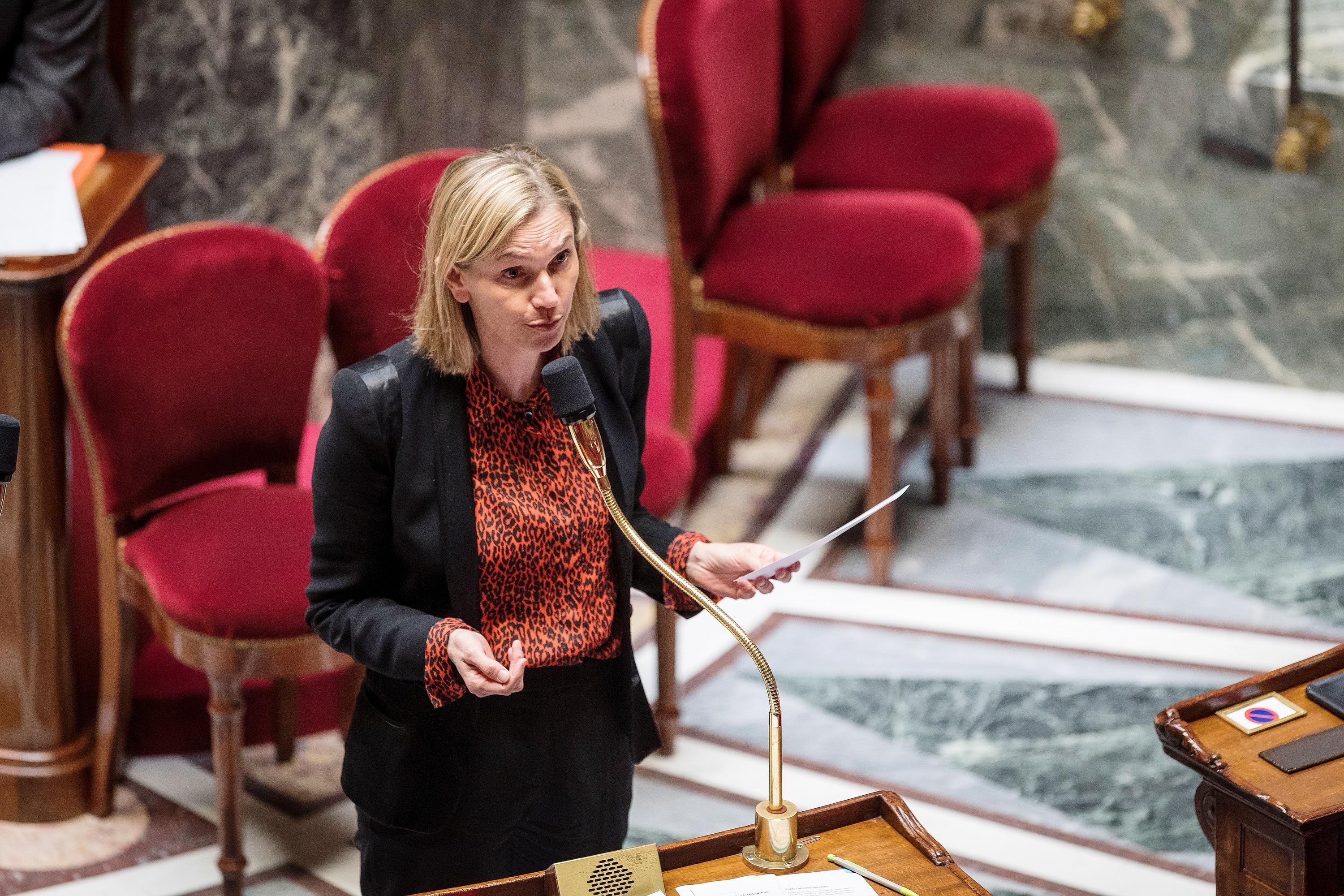Agnès Pannier-Runacher Resigns Amid France’s Deepening Political and Fiscal Crisis
Minister Agnès Pannier-Runacher resigns to focus on regional priorities amid France’s rising political turmoil and mounting fiscal debt concerns highlighted by Pierre Moscovici.
- • Agnès Pannier-Runacher resigns as Minister of Ecological Transition and will not seek reelection to government posts.
- • She plans to return as deputy for Pas-de-Calais focusing on reindustrialization and energy sovereignty amid rising National Rally support.
- • Pierre Moscovici warns of unprecedented political and democratic crisis linked to worsening debt and budget management issues.
- • Concerns raised over France’s increasing debt burden and budget deficit targets complicating compliance with EU commitments.
Key details
Agnès Pannier-Runacher, the Minister of Ecological Transition, has officially resigned and announced she will not seek to remain in the government. Instead, she plans to return as a deputy for Pas-de-Calais to focus on reindustrialization, energy sovereignty, and ecological advocacy. This announcement comes amidst rising support for the National Rally party in her constituency and ongoing political instability in France.
Pannier-Runacher, who has served as Secretary of State for Industry and Craft since 2018 and Minister of Ecological Transition since 2022, stressed the urgent need for political engagement in her region. She emphasized that the French people expect a stable budget and a decisive new prime minister capable of negotiating with political factions — signaling widespread frustration with prior governments. She was also scheduled to represent France at the preparatory talks for the UN climate COP30 conference in November in Belém, Brazil.
Simultaneously, Pierre Moscovici, the first president of the Cour des comptes, issued a grave warning about France's fiscal trajectory. Moscovici described the current political and democratic crisis as unprecedented under the Fifth Republic and cautioned that the worsening debt situation threatens a "snowball effect." He highlighted France’s increasing debt burden, which rose to 70 billion euros compared to 25 billion euros in 2021, necessitating vigilant management.
Moscovici further criticized recent budgetary decisions, noting the Prime Minister’s shift from an initial deficit target of 4.7% to a potential figure below 5%, complicating the goal of reducing the deficit under 3%. He underscored the importance of the upcoming budget’s adherence to the Haut Conseil des finances publiques’ prior assessment for constitutional validity and stressed France’s commitment to meeting European Union deficit limits.
Together, these developments underscore a period of significant political turnover and fiscal challenges in France. Pannier-Runacher’s resignation marks a notable change in governmental leadership at a time when economic pressures and political tensions demand strong and stable governance.
"I am very engaged in reindustrialization, energy sovereignty, and ecology, and I will continue," Pannier-Runacher said, reflecting her commitment to her regional and national priorities amid turbulent times. Moscovici, meanwhile, called for political solutions over judicial or technocratic ones, stating the government should be "political" to effectively manage the crisis.
The coming weeks will be critical as France prepares its national budget and navigates the political fallout from these resignations and fiscal warnings.
This article was translated and synthesized from French sources, providing English-speaking readers with local perspectives.
Source articles (2)
Source comparison
Latest news
France Returns the Djidji Ayôkwé Talking Drum to Côte d'Ivoire After Over a Century
Record 37 Days of Rain Triggers Ongoing Severe Flooding in Western France
Political Divisions and Social Tensions Intensify Following Quentin Deranque’s Death in Lyon
French Economy Minister Calls for Full Insurance Industry Mobilization Amid Devastating Storm Floods
France Boosts Social and Solidarity Economy with New Tools and Potential Tax Reforms in 2026
Saint-Nazaire Mayor Condemns Vandalism of Two Political Offices as Attack on Democracy
The top news stories in France
Delivered straight to your inbox each morning.

